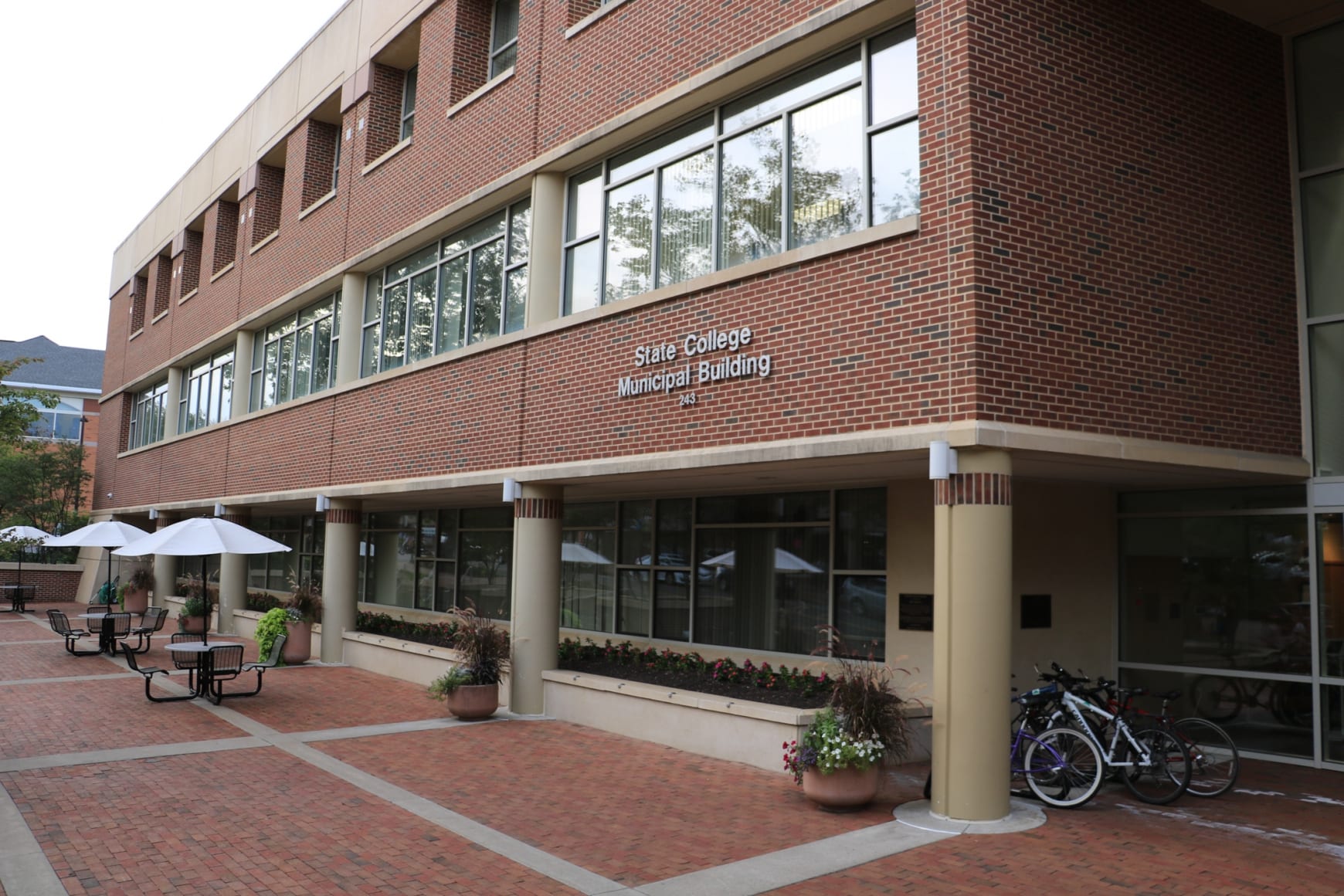State College Borough Council on Monday night unanimously approved a $175 fee for short-term rental licenses that will go into effect in August.
Residents who want to rent out their homes for six or fewer consecutive days through Airbnb, Vrbo or any other means will be required to first be approved for a short-term rental license and pay the associated fee.
The borough’s property maintenance code already requires a standard rental permit for seven or more consecutive days of rental occupancy.
Planning director Ed LeClear previously said the annual fee is meant to cover the costs of the licensing program, based on staff hours and a contract with third-party vendor Granicus, a national short-term rental monitoring and regulatory solutions company that works with governments throughout the country.
Short-term rental licensing has become common in cities and college towns across the country, and LeClear said an evaluation of their fees found they range from $20 to $1,080.
The ordinance requiring short-term rentals to be licensed by the borough was approved during council’s June 7 meeting, though the fee had to be adopted separately. The ordinance and the proposed fee were discussed at length then and at five previous meetings dating back to April.
So on Monday there was little discussion before the fee was approved. The only remarks came from Council President Jesse Barlow, who noted comments from long-term rental owners and managers that the short-term requirements should be more stringent.
“Some of the landlords have objected because of the lack of inspections involved in short-term rental properties,” Barlow said. “However, I think we just need to monitor that over time and see if problems materialize with this as we go along. I think this is at least an important first step in dealing with this issue.”
The ordinance is meant to get a handle on the hundreds of properties being rented out on a short-term basis to confirm they are in compliance with zoning and taxing requirements. It also aims to ensure sufficient parking is available, address nuisance properties and identify tourist homes — residential properties that are solely used for short-term rentals and which are not permitted in the borough’s residential zoning districts.
There was also a matter of fairness, since hotels and bed and breakfasts are already subject to licensing and other requirements in order to operate as lodging businesses.
The ordinance requires that a dwelling being used for short-term rentals is a principal place of residence at least eight months a year for either the owner or a tenant with a lease and provide documentation confirming that.
Applicants must provide the number of bedrooms being made available for rent and confirm they can provide one off-street parking space per bedroom.
The name and contact information for a person in charge within 25 miles of the property is also required.
Applicants must show proof of general liability insurance that covers rental activities.
They also must confirm whether they receive the homestead exclusion on real estate taxes on the property and acknowledge that information submitted will be provided to relevant taxing authorities.
If the operator is not the property owner, the applicant must provide proof of approval from the owner.
Once a license is granted, it is good for one year and must be displayed at all times within the location. The license number also must be included in any advertisement for short-term rental.
The operator is required to keep an activity log for all short-term rentals at the property, including number of nights rented, number of people occupying the property during the rental and number of cars parked at the property for each rental.
Short-term rentals will be subject to the borough’s existing system for nuisance complaints. The license will be suspended when 10 or more points are accumulated for nuisance and criminal violations within a 12-month period. Appeals filed within 10 days of suspension will go directly to the Rental Housing Revocations Appeals Board and a hearing will be held within 20 days of receipt of the request.
Elsewhere in the Centre Region, Ferguson Township adopted an ordinance in 2019 that requires a dwelling to be a principal residence at least six months a year. A $25 fee is required.
College Township’s short-term rental ordinance was adopted in 2020. It limits short-term rentals to no more than 30 nights per year and the license requires a $130 fee.



